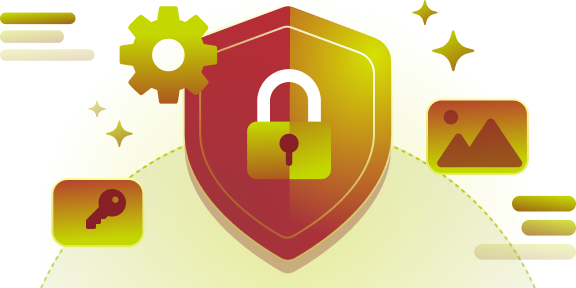-
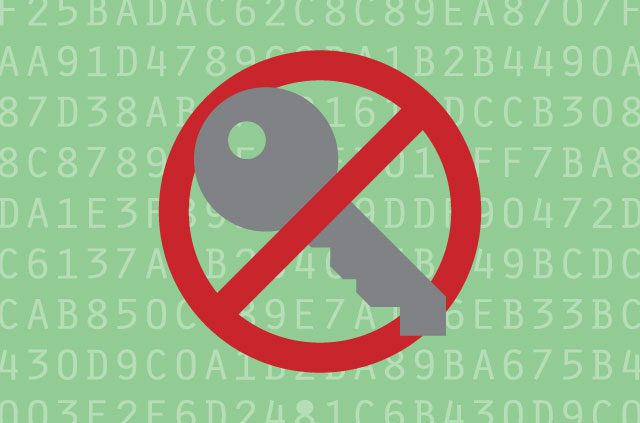
-
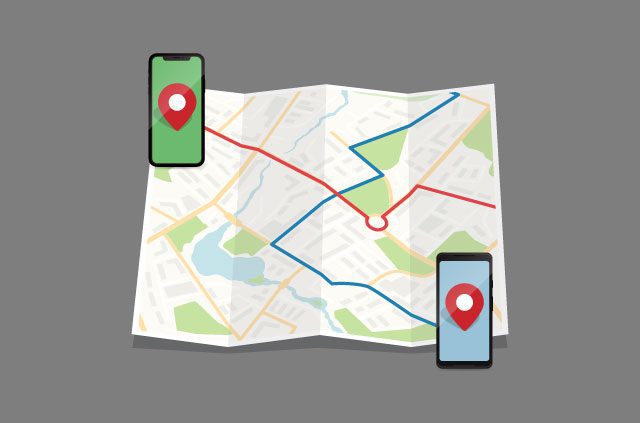
-
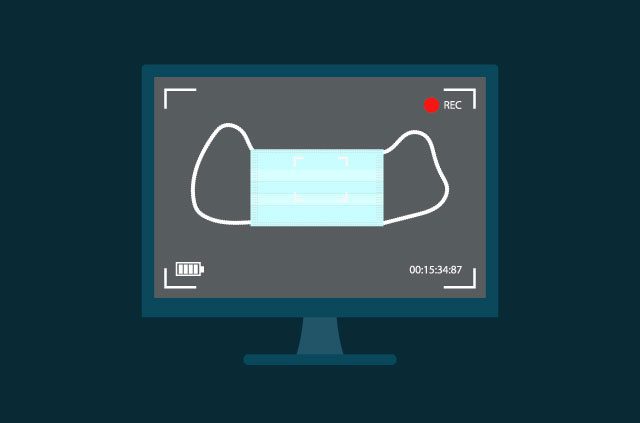
Countries are using greater surveillance measures to track Covid-19. What are they tracking?
Heightened global concerns over the novel coronavirus have compelled countries to implement measures such as flight suspensions, mandatory quarantine and work from home mandates, shutdowns of bars and...
-
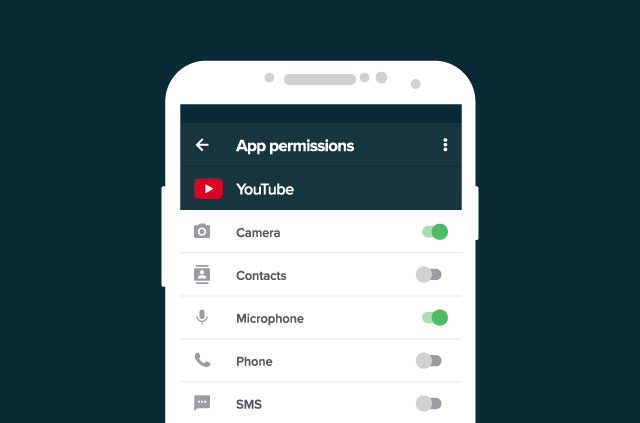
How to change app permissions on your devices
When downloading an app to your device, sometimes a message pops up to request permissions that the app would like to have in order to work. These requests seek access to various parts of your device,...
-

Students and activists in the U.S. lead the fight against facial recognition
This post was originally published March 12, 2020. Advancements in facial recognition tech have made it possible to identify us even when we’re covering our face, but a new wave of privacy advocates...
-
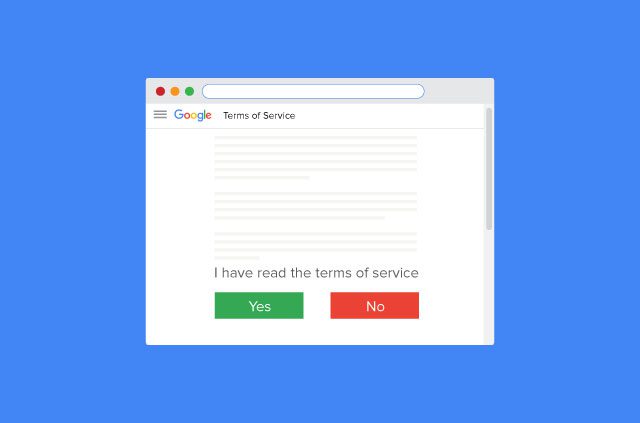
Google is trying to make its new terms of service more readable
NOTE: This post was originally published on March 6, 2020 If you’ve googled something at some point in the last couple of weeks, you’ve likely seen this nondescript blue bar on top of your screen ...
-
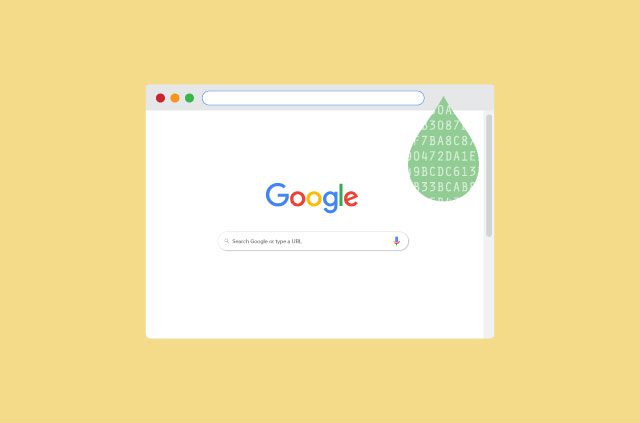
Chrome extensions found leaking millions of records
This post was originally published on March 3, 2020. Security researchers at a division of Cisco said last week that they had uncovered 71 extensions in the Chrome Web Store that had covertly uploaded...
-
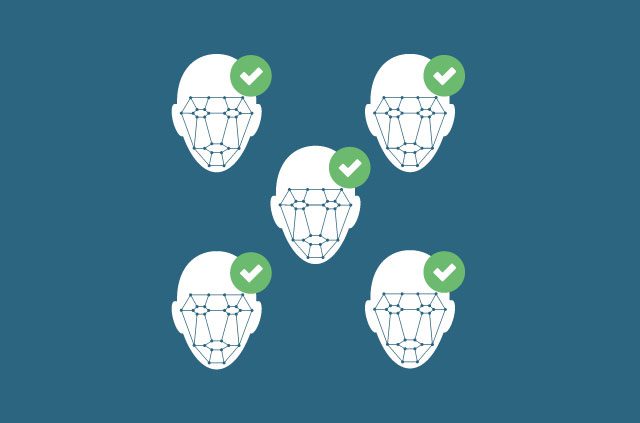
Facial recognition works even when you’re covering your face
Until recently, facial recognition software needed to scan your entire face in order to attempt to identify you. That may no longer be the case. In China, the coronavirus (formally known as Covid-19) ...
-
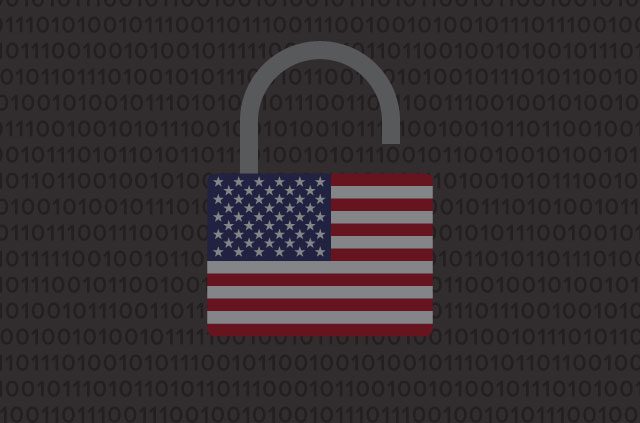
A new survey shows Americans increasingly care about privacy
Given how many privacy breaches hit the news, it’s of little surprise that 96% of Americans recently surveyed by ExpressVPN said that online data privacy was important to them. What’s more, many w...
-
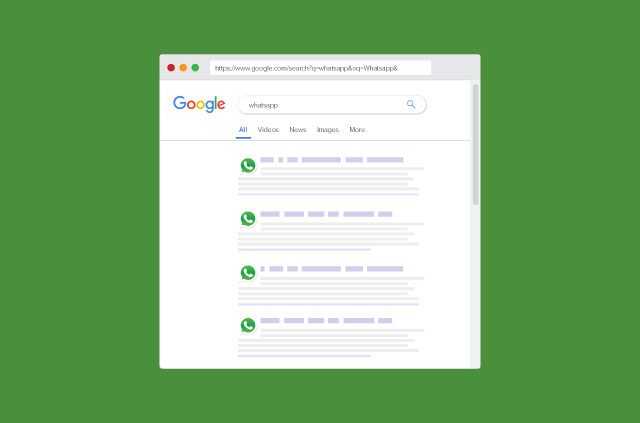
Google was publicly indexing your private WhatsApp groups, and no one knows for how long
This post was originally published on February 25, 2020. Up until a few days ago, if anyone had created a link to invite people to a WhatsApp group via the “Invite to Group Link,” someone could fi...
Privacy news
